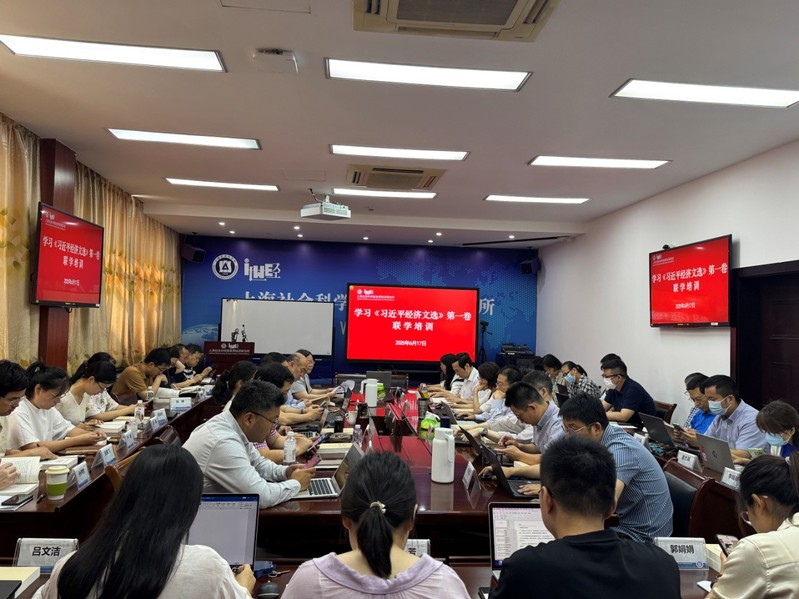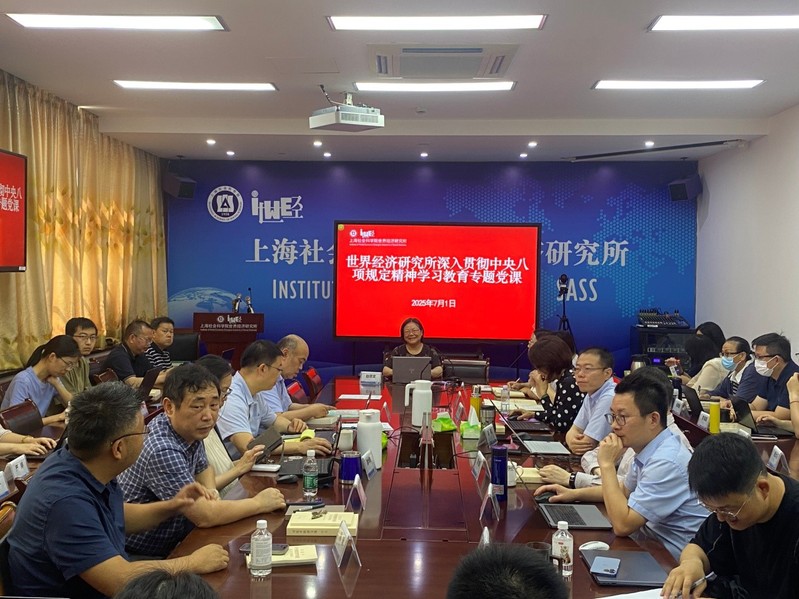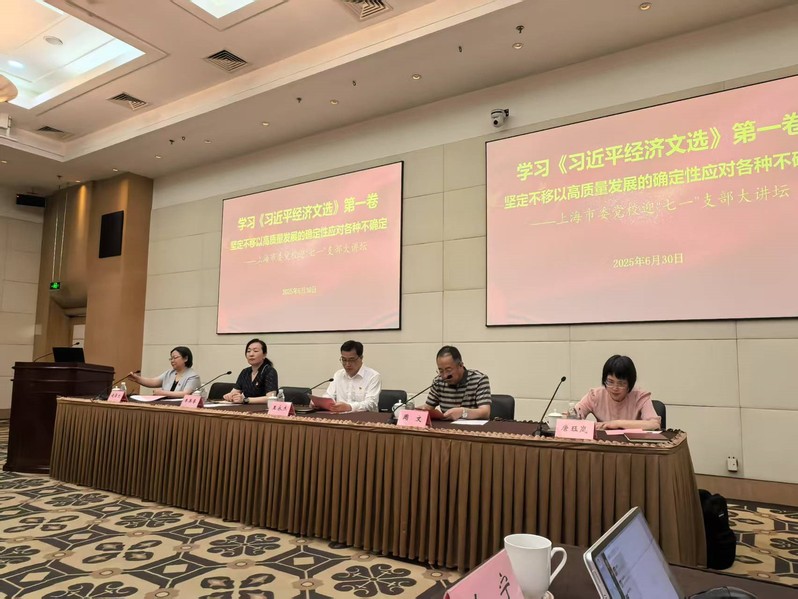BRICS Solidarity and Global Governance
When leading Goldman Sachs’ executive Jim O’Neill created the acronym BRIC in 2001, he was clustering Brazil, Russia, India and China as countries at a similar stage of rapid economic development whose valuable assets were worth investment. He might not at that stage have expected the BRIC countries to form a political and economic club and play a role in global governance. That is why when South Africa was invited to join the BRIC summit in China, thus forming BRICS, he was not happy, believing that South Africa’s GDP was not big enough for it to join the emerging economies club. However, he may have overlooked that these emerging powers weren’t so much concerned with GDP qualifications as the developing world economic and political situation urging them to step up to a more positive role in global governance.
After the global financial crisis broke out in 2008, the strength of the emerging economies to maintain high economic growth rates, making them better placed to help stave off a deep global recession, grabbed worldwide attention. The BRIC members joined the G20 and became active participants in international affairs. In order to safeguard developing countries’ interests and at the same time protect their fast growing economies, join the fight against recession and promote global governance, BRIC found it necessary to enhance coordination and cooperation among themselves. They also found that if they wanted their voice to be heard in the G20 summit in dealing with global challenges, such as international monetary reform, food and energy security, climate change etc., they needed to discuss matters among themselves. In June 2009, first BRIC summit was convened in Russia. It marked a historic breakthrough in that, for the first time, there was a grouping other than the G7 to discuss global issues. This small coalition representing big numbers is certain to have a far reaching impact on world political and economic patterns for many years to come.
The world economy is recovering after the severe shock of the global financial crisis, but the road to the recovery is not clear. Besides food and energy security, global imbalance and climate change, we are also facing immediate challenges such as excess liquidity supplied by the US Fed’s ultra-loose monetary policy, soaring raw material prices and the growing pressure of global inflation. As emerging economic powers, BRICS members do not only need to protect their own development prospects, but also to cooperate to help the world tackle threats to global economic prosperity. Nowadays, the size of the BRICS economies makes up 18% of the world, economy, comparable to that of the US and the EU. Also, BRICS contribution to world economic growth in recent years has been greater than that of developed countries. That BRICS maintains healthy growth is critically important to the rest of the world so in recognizing the pressing need to coordinate among themselves, the BRICS summit was the first effort towards this end. In future, the possibility of ministerial level meetings and other platforms will not be considered.
Opportunities and Challenges of BRICS Cooperation
That the world needs BRICS cooperation does not mean the involvement will be smooth. Each BRICS member has different status in the world economic and political order and they have as many diverging stances on issues of global governance as they have common grounds. Their interests are not identical and their priorities are not the same. For instance, BRICS members have different ideas on UN reform. Internally, each country has its own problems and interest group pressures that may negatively effect BRICS coordination and cooperation. For instance, Brazil joined with the U.S. in calling for RMB appreciation and this may have some impact on bilateral trade between Brazil and China. The trade imbalance between India and China is seen as a problem by India. On the other hand, China sees some Indian measures as protectionist. So BRICS cooperation needs the benefit of the political wisdom of its members’ leaders and will gradually build up on common interests.
However, there are a lot of opportunities that can enhance BRICS cooperation. Internationally, BRICS shares with most of the developing countries the same threats and challenges from global issues. For instance, developing countries are almost united in promoting the successful conclusion of the Doha round of trade negotiations, in sharing responsibility with developed countries to face climate change, in improving international financial market surveillance, etc. If BRICS could unite to form a consensus and build a bridge between developing and developed countries, a common approach could meet the challenges.
The developed countries were severely hit by the global financial crisis and they may have to go through a long period of adjustment. BRICS members could make full use of this hiatus to close the gap, for instance, in science and technology R&D. They have already caught up in areas such as bio-fuel, information technology, machine building, satellite and airspace but through stronger cooperation they could not only break the monopoly of developed countries, but also take the lead in some technological fields. In clean energy technology, Brazil has an advantage that could help China and India in dealing with the rapidly increasing energy consumption of their large populations. In trade and investment, advantages among BRICS members could enhance opportunities to expand business. So I believe that by BRICS improving coordination and cooperation in the above mentioned areas, it will not only benefit them but also the rest of the world.
Future of BRICS Summit
This April summit in China is important for not only what the leaders will discuss and the consensus they will reach, but also in building the institution of BRICS. It expands from four to five countries with South Africa, the most important African representative, coming to the table. It also strengthens the summit mechanism that convenes for the third time, and many scholars propose to enhance the institution by establishing a secretariat. Some even consider the possibility of upgrading BRICS to an international organization. To me these proposals are too early. I think, at this stage, the most important step in institution building is to decide the summit agenda formation and rotation mechanism. A secretariat is premature until all the five countries get to the stage of consulting each other on more and more issues, and more frequently. After all, there are still many differences between the members and it will take some years to build mutual trust. But the Beijing BRICS summit will provide an opportunity for the Five to find more common ground. We will see the positive results in both consensus on global issues and mutual trust in the process of solving their own issues among themselves. In the long run, all members will recognize that their coordination and cooperation is imperative and the BRICS summit will become one of the most important vehicles to tackle global challenges.
Xu Mingqi is Senior Research Fellow and Deputy Director of Institute of World Economy at Shanghai Academy of Social Sciences.
来源:网站China&US Focus





